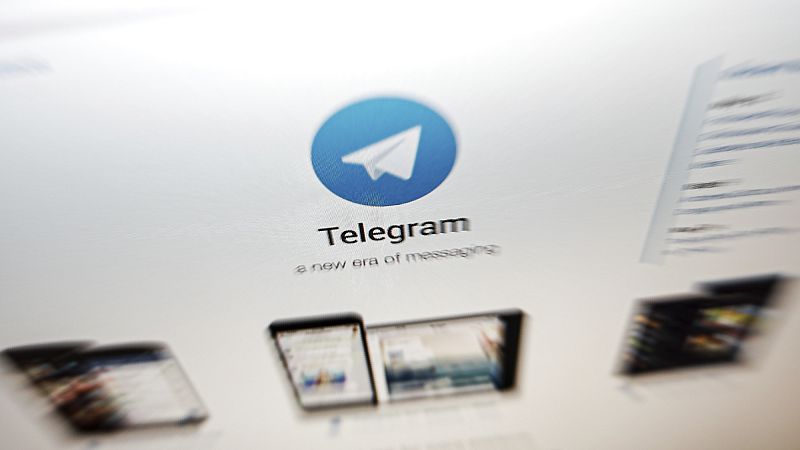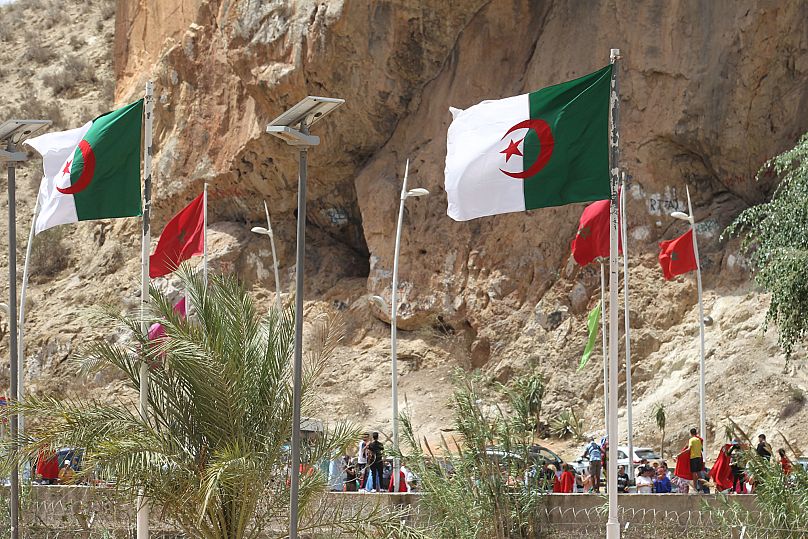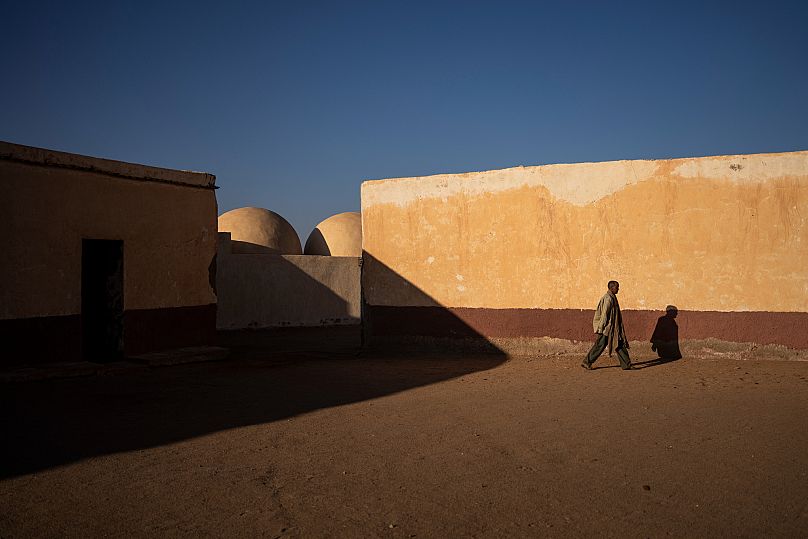
Morocco's social security agency has said troves of data were stolen from its systems in a cyberattack this week that resulted in personal information being leaked on the messaging app Telegram.
The North African country's social security fund administers pensions and insurance benefits to millions of private sector workers, from assembly line labourers to corporate executives.
It said in a statement that preliminary investigations suggest the leak resulted from hackers bypassing its security systems.
The agency did not say who was thought to be responsible for the hack while also claiming that many of the documents posted were "misleading, inaccurate, or incomplete."

The hackers who posted the documents on Telegram said the attack was in response to alleged Moroccan "harassment" of Algeria on social media platforms, pledging additional cyberattacks if Algerian sites were targeted.
Moroccan media have attributed the attack to Algerian hackers, describing it as an episode in a larger cyberwar between the two countries.
Some of the leaked information touches on deeply sensitive issues in Morocco.
Among the leaked documents is salary information that, if accurate, would reflect vast inequalities that continue to plague Morocco despite its strides in economic development.
The trove includes unverified financial data on executives of state-owned companies, political parties, figures associated with the royal family's holding company and charity fund and the Israeli liaison office in Rabat.
Morocco's National Commission for the Protection of Personal Data said on Thursday that it stood ready to investigate complaints from people targeted in the leak.
Western Sahara dispute
Relations between Algeria and Morocco have recently deteriorated to historic lows.
The countries have withdrawn their ambassadors, closed their embassies and respective airspaces.
Algeria's support for the Polisario Front, a pro-independence movement fighting Morocco over the disputed Western Sahara, is among the root causes of current tensions.

Mustapha Baitas, a spokesperson for the Moroccan government, linked the attack to what he said was growing support for Morocco in the conflict from the international community, something he said "disturbs the enemies of our country to the point of attempting to harm it through these hostile actions."
US Secretary of State Marco Rubio said earlier this week said he supported Morocco's plan for the disputed territory, a statement Algeria criticised on Thursday.
During his first term in office, President Donald Trump shifted Washington's longstanding position in 2020 to back Morocco’s sovereignty over the territory.
President Joe Biden's administration neither reversed nor openly supported the policy.







